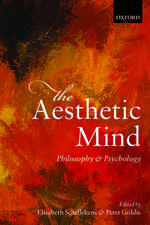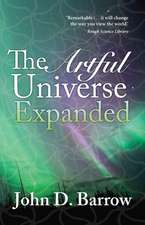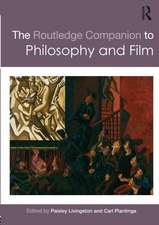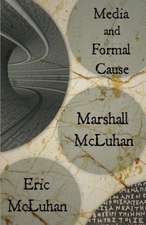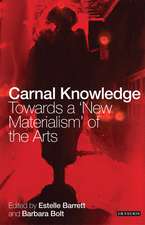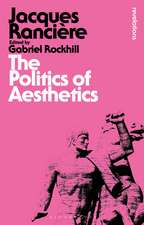Waste: A Philosophy of Things
Autor William Vineyen Limba Engleză Hardback – 21 mai 2014
| Toate formatele și edițiile | Preț | Express |
|---|---|---|
| Paperback (1) | 178.74 lei 6-8 săpt. | |
| Bloomsbury Publishing – 26 aug 2015 | 178.74 lei 6-8 săpt. | |
| Hardback (1) | 773.65 lei 6-8 săpt. | |
| Bloomsbury Publishing – 21 mai 2014 | 773.65 lei 6-8 săpt. |
Preț: 773.65 lei
Preț vechi: 1051.60 lei
-26% Nou
Puncte Express: 1160
Preț estimativ în valută:
148.03€ • 154.98$ • 122.49£
148.03€ • 154.98$ • 122.49£
Carte tipărită la comandă
Livrare economică 05-19 aprilie
Preluare comenzi: 021 569.72.76
Specificații
ISBN-13: 9781472527578
ISBN-10: 1472527577
Pagini: 240
Ilustrații: 24 illus
Dimensiuni: 156 x 234 x 18 mm
Greutate: 0.51 kg
Ediția:New.
Editura: Bloomsbury Publishing
Colecția Bloomsbury Academic
Locul publicării:London, United Kingdom
ISBN-10: 1472527577
Pagini: 240
Ilustrații: 24 illus
Dimensiuni: 156 x 234 x 18 mm
Greutate: 0.51 kg
Ediția:New.
Editura: Bloomsbury Publishing
Colecția Bloomsbury Academic
Locul publicării:London, United Kingdom
Caracteristici
Original approach to a popular cross-disciplinary subject, builds on theoretical insights current in the humanities
Notă biografică
William Viney is Leverhulme Early Career Fellow in the Department of English Studies and Centre for Medical Humanities, Durham University, UK.
Cuprins
Acknowledgements List of Illustrations 1. IntroductionPart I: Collecting Waste2. Narrating the Event of Waste3. Archaeologies of WastePart II: Reading Waste4. The Poetic Economies of T. S. Eliot5. Reading Joycean DisjectaPart III: Building Ruins6. Ruins Past7. Ruins of the Future8. ConclusionNotesBibliographyIndex
Recenzii
This book will convince you that our most complex contemporary ideas about time are at work in the concept of waste. It draws its temporal concepts from many places, from art and literature, philosophy and cultural theory, narrative and the theory of narrative to think about the time of things - things we discard, things we used to use, things we collect, things that fall into ruin, and things that hold the future within them. It animates the theory of things and makes something beautiful out of waste.
If the primary achievement of recent civilization is to produce unprecedented heaps of garbage, what does this tell us about that civilization? In his pleasantly lucid prose style, Will Viney answers this question by providing an ontology, a sociology, and even an art criticism of waste, with special attention to the writings of T.S. Eliot and James Joyce and the visual art of Cornelia Parker and Mark Dion.
If the primary achievement of recent civilization is to produce unprecedented heaps of garbage, what does this tell us about that civilization? In his pleasantly lucid prose style, Will Viney answers this question by providing an ontology, a sociology, and even an art criticism of waste, with special attention to the writings of T.S. Eliot and James Joyce and the visual art of Cornelia Parker and Mark Dion.

